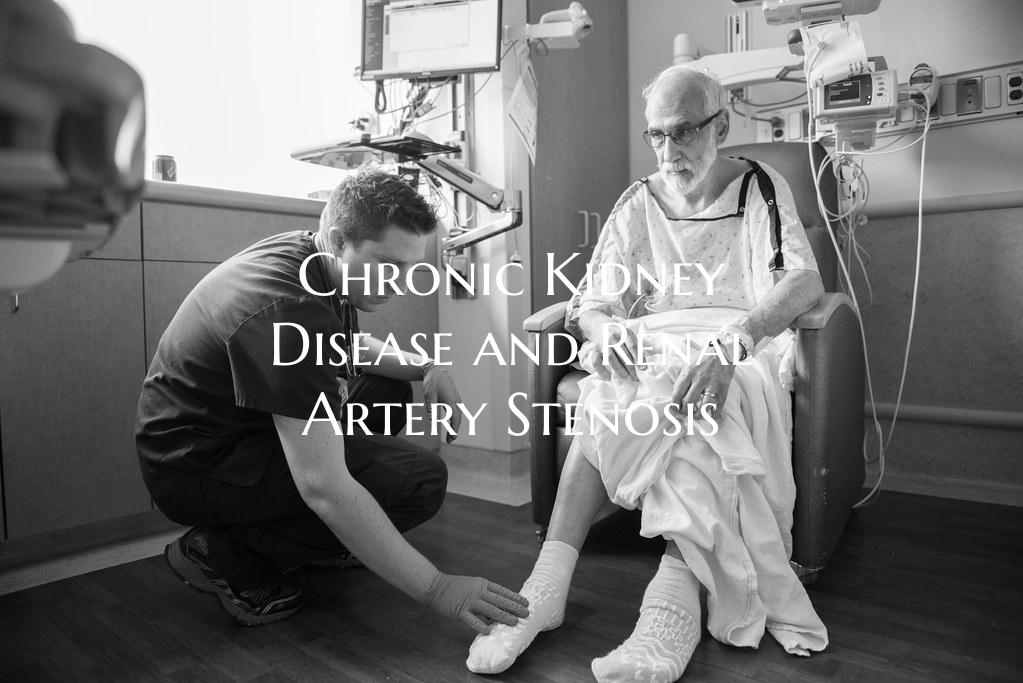
Chronic Kidney Disease and Renal Artery Stenosis
Chronic Kidney Disease (CKD) and Renal Artery Stenosis (RAS) are two interconnected medical conditions that can significantly impact kidney function and overall health. CKD refers to the gradual loss of kidney function over time, with various stages marked by declining kidney function and increasing levels of waste products in the blood. RAS, on the other hand, is a condition characterized by the narrowing of one or both renal arteries that supply blood to the kidneys. When these conditions occur together, they can pose a serious threat to kidney health and require prompt medical intervention.
Renal artery stenosis can contribute to the development or progression of CKD by impairing blood flow to the kidneys. The narrowing of the renal arteries restricts the delivery of oxygen and nutrients to the kidneys, leading to decreased kidney function. As a result, waste products and excess fluids can build up in the body, further exacerbating the symptoms of CKD. Additionally, RAS can elevate blood pressure, which is a common complication of CKD and can accelerate kidney damage.
Diagnosing CKD and RAS involves a combination of medical history assessment, physical examination, blood tests, imaging studies such as ultrasounds, CT scans, or MRIs, and invasive procedures like renal angiography. Treatment strategies for these conditions aim to manage symptoms, slow down the progression of kidney damage, and address the underlying causes. Depending on the severity of the conditions, treatment options may include lifestyle modifications, medication therapy, angioplasty with stent placement, or in severe cases, surgical interventions like renal artery bypass surgery.
It is crucial for individuals with CKD and RAS to work closely with a healthcare provider to develop a comprehensive care plan tailored to their specific needs. Monitoring kidney function, managing blood pressure, and making necessary lifestyle changes such as following a kidney-friendly diet and staying physically active are essential steps in managing these conditions. Early detection and proactive management of CKD and RAS can help preserve kidney function, improve quality of life, and reduce the risk of complications such as kidney failure or cardiovascular events.